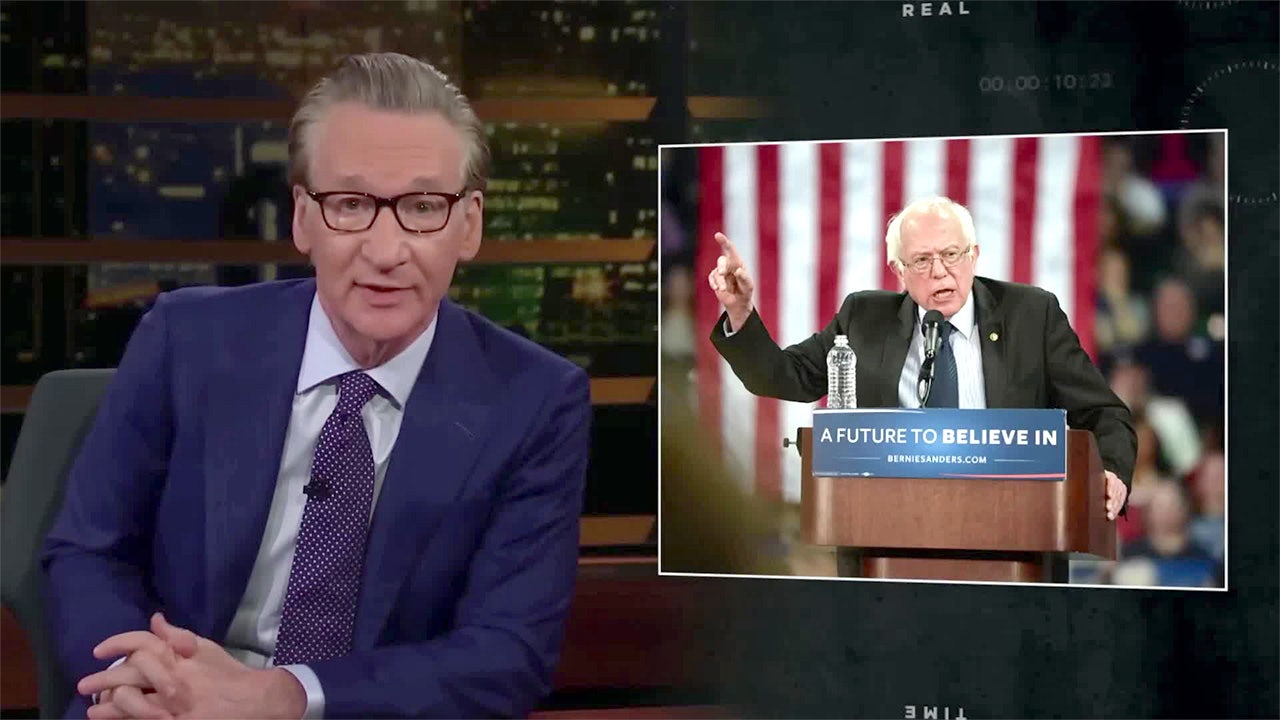For generations, homeownership has been a cornerstone of the American dream. It meant stability, responsibility, and the chance to pass wealth to the next generation. It gave people a stake in their communities.
But that dream is slipping away. And it’s not by accident.
If we want Americans to remain free and self-governing, they must be able to own their homes and their futures.
We are drifting into a rental society. Fewer families can afford to buy a home, while massive investment firms and corporate landlords are buying up the housing supply and turning America into a nation of tenants.
This is hardly the natural evolution of the market. Rather, it’s the result of decades of bad policy, turbocharged by emerging technology and justified by global elites who’ve decided that private property is both outdated and unsustainable.
The corporate land grab
The “renters’ revolution” emerged from bad policy. For years, local, state, and federal governments have made it more difficult and expensive to build homes. Zoning restrictions choke supply.
Environmental rules delay development. Add in the unintended consequences of government-backed mortgage schemes in the Bill Clinton era, which played a major role in the 2008 housing market crash, and you’ve got a system that makes homes less attainable, despite the stated intentions of the enacted policies.
Into that broken system stepped Wall Street. After the crash, investment giants like Blackstone began buying up foreclosed homes in bulk, turning millions of single-family homes into rental properties. Much of this trend is made possible by emerging technology.
Today, institutional investors use artificial intelligence and algorithmic tools to scan markets and make instant cash offers, often outbidding families looking to buy their first homes. Companies such as Invitation Homes own tens of thousands of properties, all of which are managed through centralized apps, automated lease terms, and data-driven pricing tools.
We are experiencing a market shift — from millions of individual owners to a few corporate landlords.
Ideological push against ownership
This shift is also being encouraged, explicitly and implicitly, by international organizations pushing a post-ownership future. The World Economic Forum’s “you’ll own nothing and be happy” slogan was presented as a prediction, not a policy.
But look closer, and you’ll see that many World Economic Forum and United Nations initiatives actively promote this shift. The U.N.’s Sustainable Development Goals call for denser high-rise cities, a move away from single-family zoning, and new restrictions on suburban development, all in the name of “sustainability” and “equity.”
It’s a coordinated ideological push to replace ownership with access, property with subscriptions, and permanence with flexibility. And the consequences are already showing.
The price of being a permanent renter
When you don’t own your home, you don’t control it. You follow the rules set by someone else. That might mean no pets, no subleasing, and often no firearms on the premises.
As environmental, social, and governance scores, smart devices, and digital IDs creep into the rental landscape, we are fast approaching a future where landlords, driven by corporate and political incentives, can enforce ideological compliance under the guise of lease terms.
Renting means you’re always paying, never building. Homes have long been the foundation of middle-class wealth in America. When families are locked out of ownership, they’re locked out of that opportunity. The result is a cycle where equity flows upward to institutional investors while working families remain stuck on the hamster wheel.
RELATED: Property taxes are killing middle-class ownership nationwide
Photo by: Jim West/UCG/Universal Images Group via Getty Images
The “renters’ revolution” isn’t without psychological and cultural costs too. People who own their homes are more likely to put down roots, raise families, get involved in their communities, and feel a stake in the future of the country. Renters, especially when forced into that role, often feel transient and disempowered. That rootlessness is breeding disconnection and resentment.
The political fallout
These psychological costs have political consequences. Younger Americans, who increasingly see homeownership as unattainable, are also more likely to believe the system is rigged against them.
And who can blame them? They’re being told that capitalism failed them, when in reality, it’s crony capitalism, ESG corporatism, and global central planners who’ve rigged the game. But that distinction is often lost — or intentionally obscured. This increases the potential for them to turn to the siren song of socialism or further government action.
This is not just an economic problem. It’s a civic one. A society where most people don’t own anything is a society that’s easier to control, easier to manipulate, and easier to pacify. If we want Americans to remain free and self-governing, they must be able to own their homes and their futures.
We need lawmakers to investigate the concentration of housing in corporate hands. We need to roll back ESG-driven distortions in markets and rethink zoning rules that throttle supply. We should do more to promote first-time homeownership, rather than punishing it. And we must restore the idea that private property is not just an economic good — it’s a political necessity.
Read the full article here







![Chicago ICE Protest Turns Violent as 21 Arrested and Multiple Officers Injured [WATCH] Chicago ICE Protest Turns Violent as 21 Arrested and Multiple Officers Injured [WATCH]](https://www.lifezette.com/wp-content/uploads/2025/10/2025.10.12-08.20-lifezette-68eb64d240496.jpg)




![Trump Admin Announces Move to Overhaul SNAP Program After Massive Fraud Revealed [WATCH] Trump Admin Announces Move to Overhaul SNAP Program After Massive Fraud Revealed [WATCH]](https://www.lifezette.com/wp-content/uploads/2025/11/2025.11.03-08.52-lifezette-69086d5717f63.jpg)